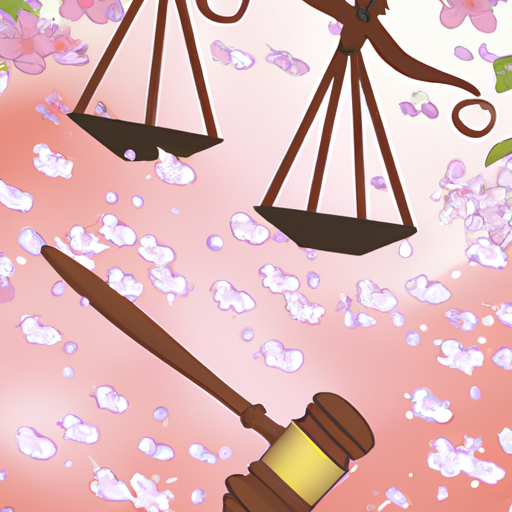The news revolves around a recent court decision where a mother, charged with the homicide of her child, has received a confirmed suspended sentence. This move has sparked conversations regarding judicial leniency and child protection measures in Japan.
In Japan, crimes involving a child's death are considered gravely serious. However, sentencing offenders often involves several complex factors, including the defendant's remorse and rehabilitation potential. Suspended sentences are not uncommon in such cases if the offender is a first-time perpetrator or seen as less likely to reoffend. Given the intricacies of family dynamics and potential societal blame on the mother, this news has reaffirmed the ongoing debate on the effectiveness and sensitivity of Japan’s legal system.
In the US or the EU, sentencing typically takes a tougher stance when it comes to child homicide cases. These jurisdictions often focus on the severity of the crime rather than the familial relationships involved. This decision may have led to a more severe punishment, drawing contrast to Japan's approach focusing on factors like remorse and rehabilitation potential.

